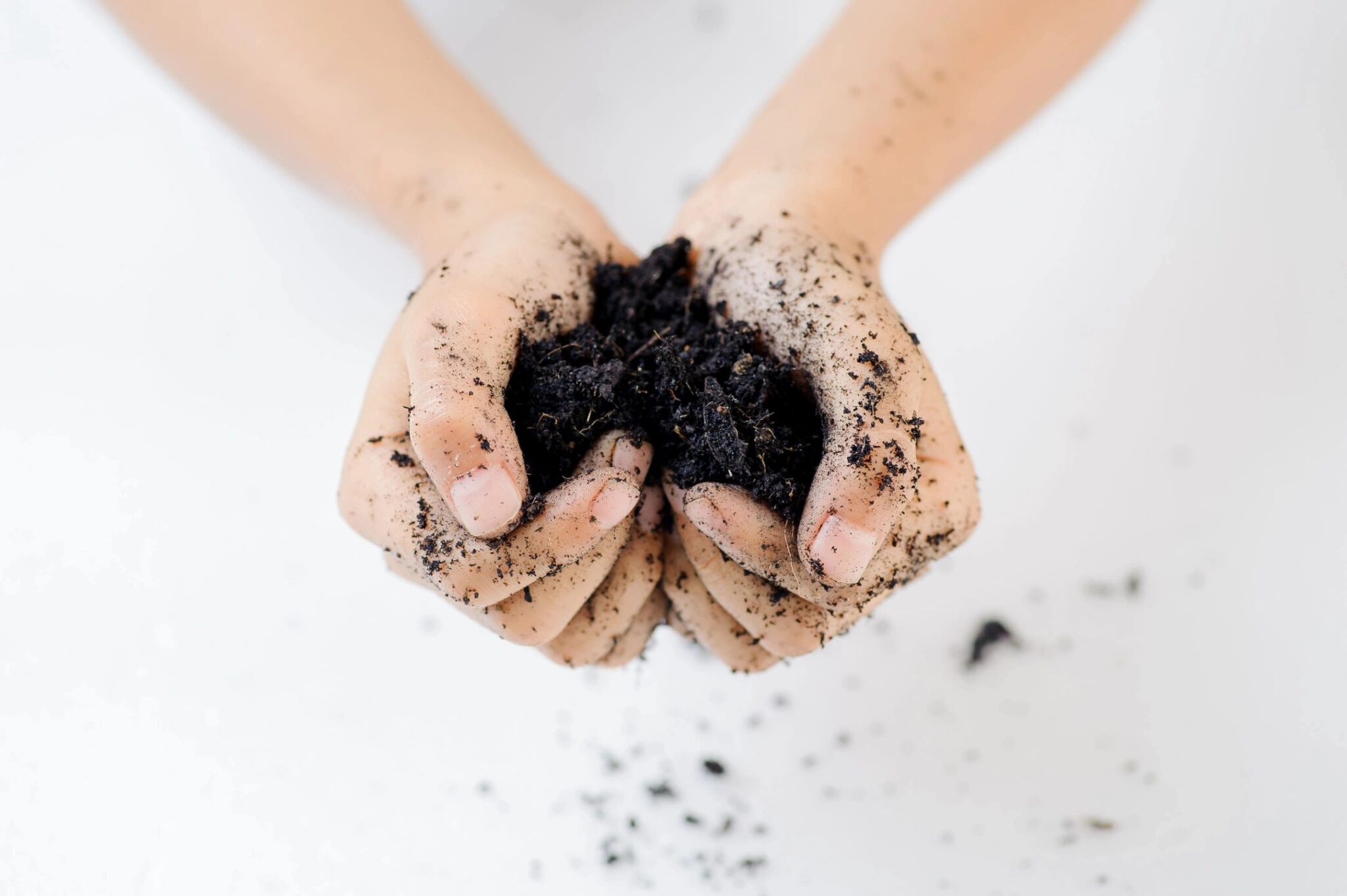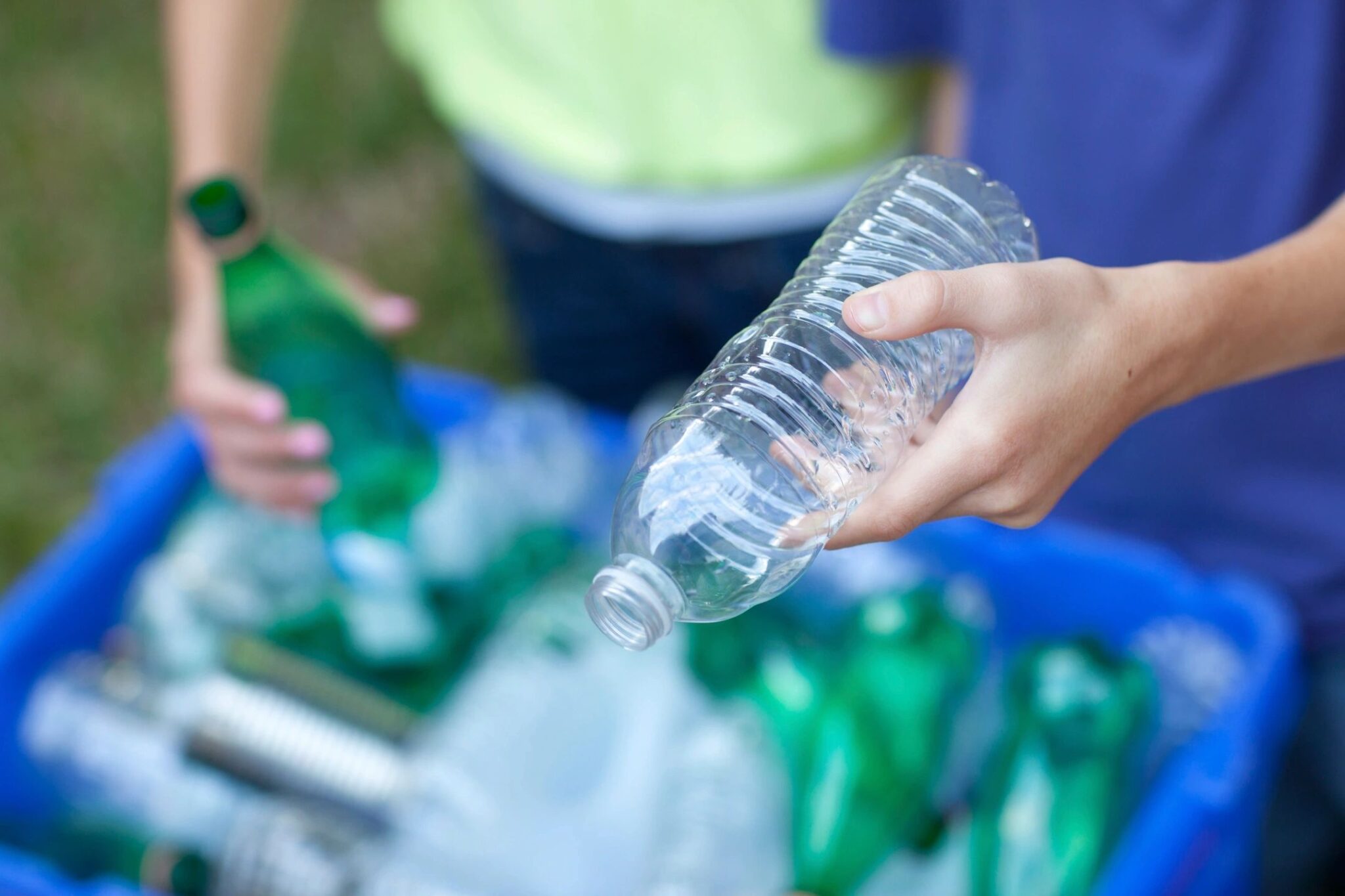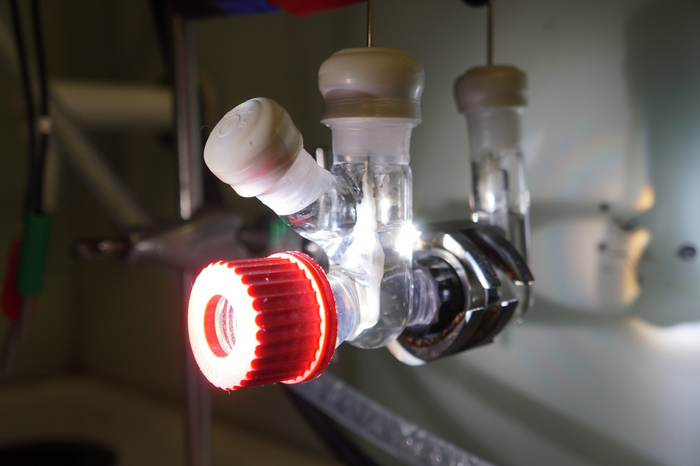
Rachil Koumproglou is a Plant Scientist with a genuine passion for sustainable solutions. She holds a MSc in Science Communication and is an enthusiast reader of classical literature. Find her on LinkedIn: https://www.linkedin.com/in/rachil-koumproglou-a3926a96/.
Cells Use mRNA to Fight Disease and Stress
Scientists study the role of mRNA and protein synthesis in overcoming infections. This finding could lead to improved crops and medical treatments. By Rachil Koumproglou DNA contains the code of life. Our genes inform our cells how to make proteins, those biological molecules that are important for all functions of ...
Microorganisms Boost Levels of Carbon Storage in Soil
Microorganisms are four times more effective in storing carbon in soil than any other natural process, making them key players in addressing global climate change. By Rachil Koumproglou Natural systems like oceans, forests, or soil can capture carbon dioxide, the main greenhouse gas, and keep it stored for a very ...
New Generators for All-Day Clean Energy
Thermoelectric generators get a boost—now they can supply enough renewable energy to power small devices both day and night. By Rachil Koumproglou Renewable sources of energy, such as solar, wind, marine, and geothermal, contribute to cutting greenhouse gas emissions. Yet we are unable to extend their use because they are ...
Bacteria Has Natural Capacity to Recycle Plastics
A common bacterium, Comamonas testosteroni, might hold the key to breaking down and recycling plastic waste on a large scale. By Rachil Koumproglou Currently, we recycle plastic waste by mechanical processing, but, globally, we succeed in transforming only 9% of it into useful material. With these infamously low rates, it ...
Sunlight Powers Recycling of Carbon Dioxide and Plastic
A new recycling method uses sunlight to simultaneously convert carbon dioxide and plastic waste into sustainable biofuels and useful chemical products. By Rachil Koumproglou In order to create a circular economy—one where man-made materials are fully recycled and reused—humanity needs to reach net zero emissions for carbon dioxide and net ...





